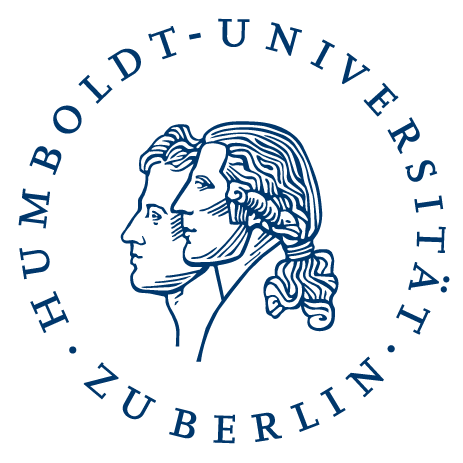Precarious Work in Academia from an Intersectional Perspective: Gender, Race, Class, Disability
Date and time
Wednesday, 9 March 2022, 12:30-2 p.m.
Venue
Online via BigBlueButton
Organiser
Language
Please contact organisers for further details
Registration
Deadline: 8 March 2022
Register with gleichstellung@uni-vechta.de
Further information
Most scientists in Germany are precariously employed, highly dependent on their superiors or employers and exposed to great uncertainty with regard to their careers. They are the so-called “Wissenschaftliche Mittelbau” (non-professorial teaching and research staff), the so-called “Wissenschaftliche Nachwuchs” (new generation of researchers). The academic staff at universities in Germany below the level of full professors bear the highest research and teaching burden and take on many other tasks in secret, making degree programs, project completions and universities themselves possible. So how can it be that 92% of this very large and, moreover, very heterogeneous group performs their work in temporary positions, often of short duration, often far beyond their paid working hours?
This lecture will include a general introduction to the topic of precarious working conditions in the “Wissenschaftliche Mittelbau” in Germany, related challenges, concerns and hardships, with a particular focus on intersectional hurdles. Dr. Jennifer S. Henke, Dr. Hanin Hannouch and Dorothee Marx will speak on these issues. The aim is to exchange ideas on how we can improve the situation of fixed-term contracts in science for positions below professorship and what concrete possibilities there are.






